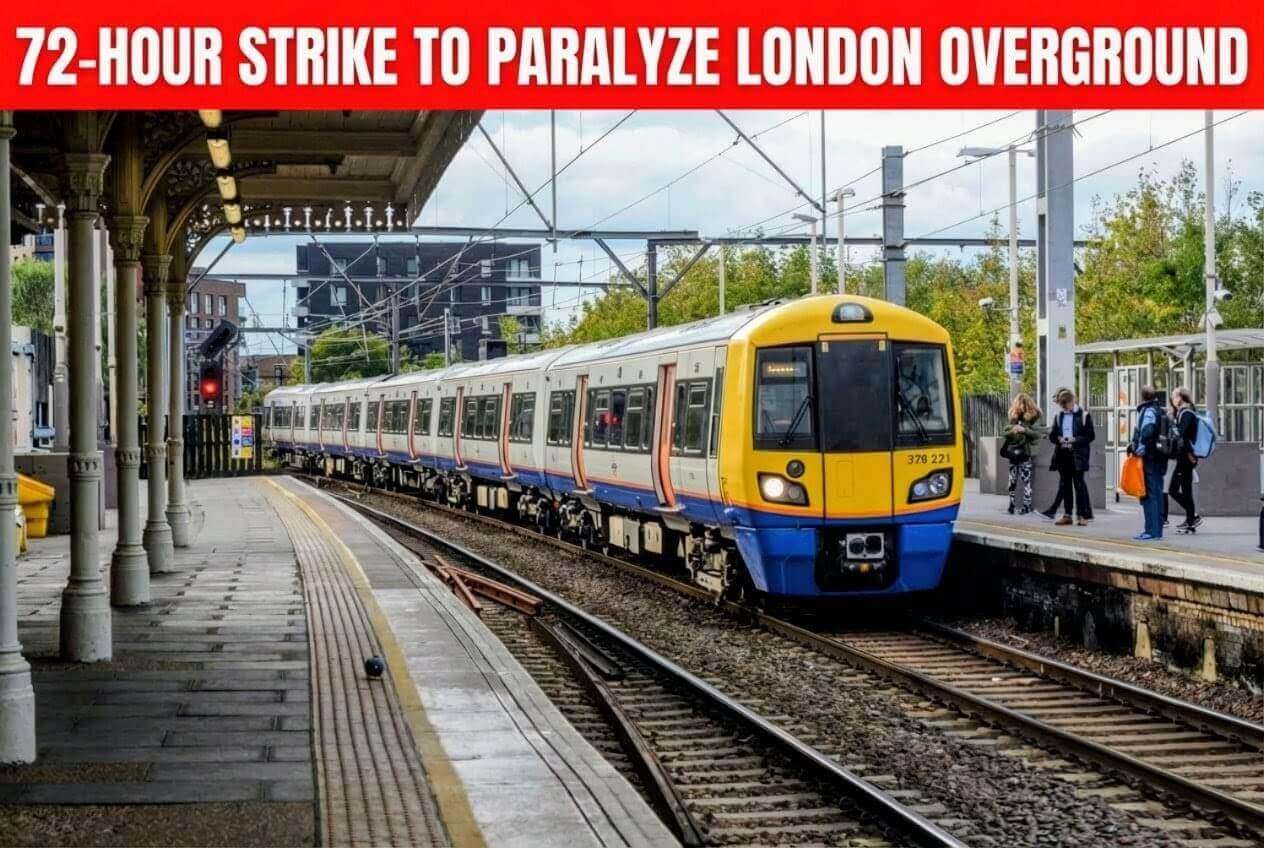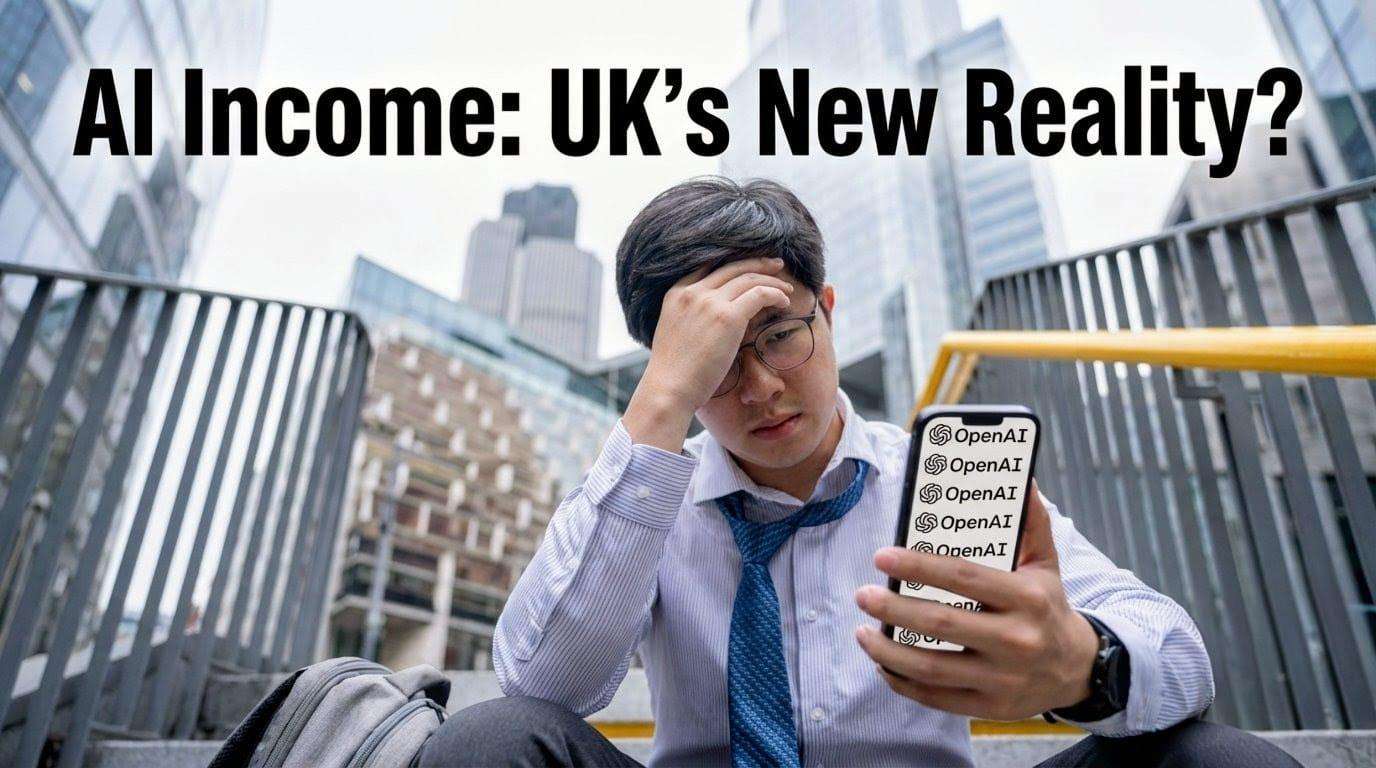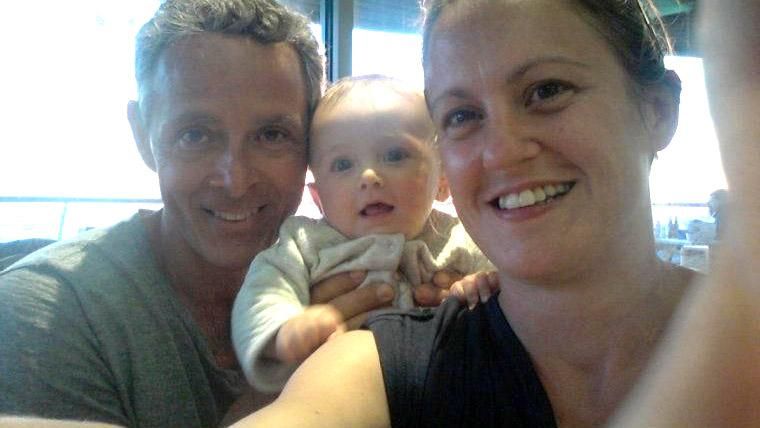A young couple says they’ve been priced out of buying a home after spending up to £10,000 just to be able to live together in the UK—amid a wider increase in visa fees impacting families across the country.
Hannah Helbert, a 31-year-old British citizen, is married to Danny, who is originally from Cuba. Due to UK Home Office regulations, the couple has spent thousands of pounds navigating the visa system to bring Danny to the UK.
Helbert estimates that over the course of their four-year relationship, they’ve spent between £7,000 and £10,000 on visa applications, NHS surcharges, and legal fees—and they’re still not finished.
Danny arrived in the UK last year and began working and contributing to national insurance just six weeks later.
“Our savings have been wiped out,” Helbert said. “We’re both earning decent wages, but after all the visa costs, buying a home is out of reach. We had originally budgeted around £5,000, but fee hikes have pushed us far beyond that."
She added that the partner visa needs renewing every two and a half years, and they still face further costs for indefinite leave to remain and eventually citizenship.
This week, the government introduced new visa fee increases, adding further pressure on families like the Helberts.
However, government transparency documents show that the actual cost to the Home Office of processing these visas is significantly lower than the fees being charged—raising concerns from charities about the fairness of the system and whether the government is profiting from legal migration.
“I understand the idea of contributing financially,” Helbert said, “but people don’t realise how expensive this really is in the long run. Danny has been working and paying taxes since shortly after arriving. No one has explained why we’re being charged so much more than what it actually costs them. It feels like they’re making money off people like us.”
Visa Costs Soar as Home Office Charges Far Exceed Processing Costs
The cost of the UK settlement visa for foreign spouses has increased from £1,846 to £1,938, despite government data showing the Home Office only spends around £482 to process it—creating a surplus of £1,456 per application.
The fee for applying for indefinite leave to remain has also climbed, rising from £2,885 to £3,029, while the cost to the department remains just £523. This means applicants are paying nearly six times the actual processing cost—a profit margin of £2,506 for the Home Office.
These steep fees apply even in sensitive cases, such as victims of domestic abuse or family members of UK Armed Forces personnel.
British citizenship applications now cost £1,605, up £105 from last year, though the government spends only £575 on processing them. Student visa charges have also gone up—from £490 to £524—despite costing just £266 to handle.
The Home Office defends the hikes, saying they are needed to sustain an efficient immigration and border system, and ensure those who benefit from the system contribute financially, easing the burden on UK taxpayers.
‘We're Going Into Debt to Stay Together’
Caroline Coombs, co-founder of Reunite Families UK, said her own family had to use credit cards to pay visa fees in advance to avoid being hit by the recent increase. Despite their efforts to save, the sudden price rise forced them into further debt.
“Amid the cost of living crisis, this just pushes us further from ever owning a home,” Coombs said, adding that her family has spent around £15,000 over seven years trying to bring her Ecuadorian partner to the UK—especially after having to appeal a visa refusal.
“It’s overwhelming. The legal and visa costs keep piling up—it’s heartbreaking.”
The Joint Council for the Welfare of Immigrants warned that the new fee structure would leave many migrant families with a painful decision: fall into poverty or live apart.
“At a time when millions can barely cover basic living costs, the Government is shamelessly profiting off the immigration system,” said Yasmin Halima, the group’s executive director. “Families are draining their life savings just to stay together, and legal support is almost nonexistent.”
Families Face Up to £37,000 in Costs
According to charities supporting families affected by visa policies, the ten-year route to settlement for a partner now costs around £20,000. For a partner and child, that figure jumps to almost £37,000.
Even the faster five-year settlement route costs nearly £12,000 for a partner alone and more than £22,000 with a child.
These figures cover the initial visa application, required extensions every 2.5 years, and eventual fees for indefinite leave to remain—each costing thousands of pounds. On top of that, families must pay the immigration health surcharge, which is currently £1,035 per adult and £776 per child annually. Because visas typically cover 33 months, the surcharge is often rounded up to cover three full years.
Until they reach indefinite leave to remain, families have no access to public funds—meaning they cannot claim benefits regardless of their financial situation.
British citizenship, which many eventually pursue, comes with its own extra cost on top of the already significant fees.
‘Migrants Treated Like a Cash Machine’
Nazek Ramadan, director of Migrant Voice, criticized the Government for treating migrants as an endless source of revenue.
“The UK already has some of the highest immigration fees in the world. These rising costs are forcing families into poverty, making it harder for them to cover basic expenses like rent or food,” he said.
“With inflation and economic uncertainty affecting everyone, it feels like these fee hikes are punishing people who want to live, work, and contribute here—many of whom are already paying taxes but still denied access to public support.”
UK Visa Applications Plummet Following Policy Changes
New data reveals that the number of migrants applying for key UK visa routes has dropped by more than a third over the past year.
Between April 2024 and March 2025, a total of 772,200 visa applications were submitted across major categories, marking a 37% decrease from the nearly 1.24 million received the year before.
The decline is largely attributed to stricter immigration rules introduced by the previous Conservative government in early 2024. These changes include a ban on family dependants for overseas care workers and international students, along with a significant increase in the minimum salary requirement for skilled workers, now set at £38,700.
The Home Office, which released the figures, said the drop spans the main visa routes: work, study, and family.
One of the most significant declines was seen in applications from foreign health and care workers and their families, which plummeted by 78%—from 359,300 in 2023–24 to just 80,700 in 2024–25.








.svg)



